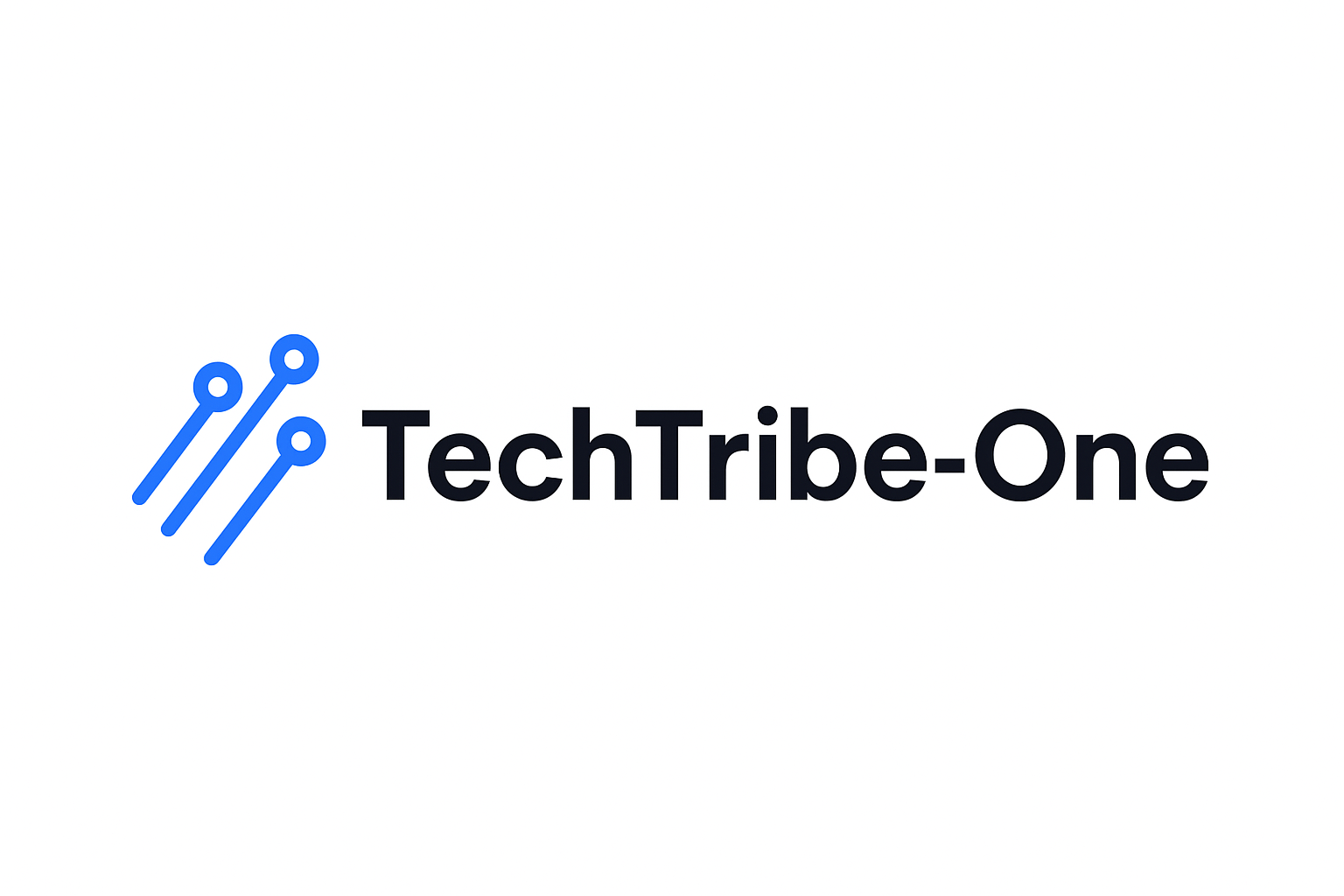Why Top Venture Capitalists Are Betting on Teenage Founders
Veteran investor Kevin Hartz is doubling down on a bold new trend — backing teenage entrepreneurs who are reshaping startup culture and redefining what it means to build early.
Silicon Valley venture capitalist Kevin Hartz has always had a sharp eye for what’s next. From co-founding Xoom and Eventbrite to riding the SPAC wave, Hartz has built a reputation for spotting tech shifts before they go mainstream. Now, his firm A* Capital is making another unconventional move — betting big on teenage founders.
According to TechCrunch, nearly 20% of Hartz’s fund is now invested in startups founded by teenagers. One standout example is Aaru, an AI-powered prediction engine co-founded by a 15-year-old prodigy. For Hartz, this isn’t a publicity stunt — it’s a recognition that younger founders bring a mix of creativity, fearlessness, and digital fluency that’s hard to match.
Hartz isn’t alone. Programs like Z Fellows, created by Cory Levy, now offer high schoolers and college dropouts $10,000 grants to build their startups. It’s a modern echo of Peter Thiel’s controversial Thiel Fellowship, which once paid students to leave school and start companies. What was once a radical idea has now become mainstream in tech circles.
Meanwhile, accelerators such as Y Combinator are evolving too. The famed startup school has introduced a new pathway for student founders — allowing them to apply and get funding while still in school, but defer participation until after graduation. It’s a move that blends academic flexibility with entrepreneurial drive, ensuring that ambition doesn’t wait for a diploma.
For many young founders, dropping out isn’t rebellion — it’s realism. With rising tuition costs and an uncertain job market, teenagers are deciding to build companies instead of chasing degrees. As Hartz explains, “We’re in a new era of entrepreneurial hyperdrive — people aren’t just wanting to start companies; they have to.”
He also notes that AI disruption is accelerating this shift. As automation reshapes traditional employment, the next generation of workers is turning to startups, freelancing, and digital platforms to secure their independence. It’s part of a global trend — one that’s equally visible in emerging markets like Nigeria, Kenya, and South Africa, where young innovators are skipping old career paths for startup dreams.
Still, questions remain. Should teenagers trade their formative years for the fast-paced startup life? Hartz acknowledges the risks but sees the rewards as far greater. “At 17, you’re fearless,” he says. “It’s too soon to know the long-term effects, but it’s the same boldness that drives progress.”
Whether this becomes a sustainable model or a fleeting phase, one thing is certain — youth entrepreneurship is no longer the exception. It’s becoming a defining force in how the next generation builds the future.
🧠 TechTribe-One Insight
Teenage founders are proving that innovation has no age limit. For Africa — where more than 60% of the population is under 25 — this signals an untapped goldmine of potential. With mentorship and access to early-stage funding, the continent could lead the next global wave of youthful innovation.

